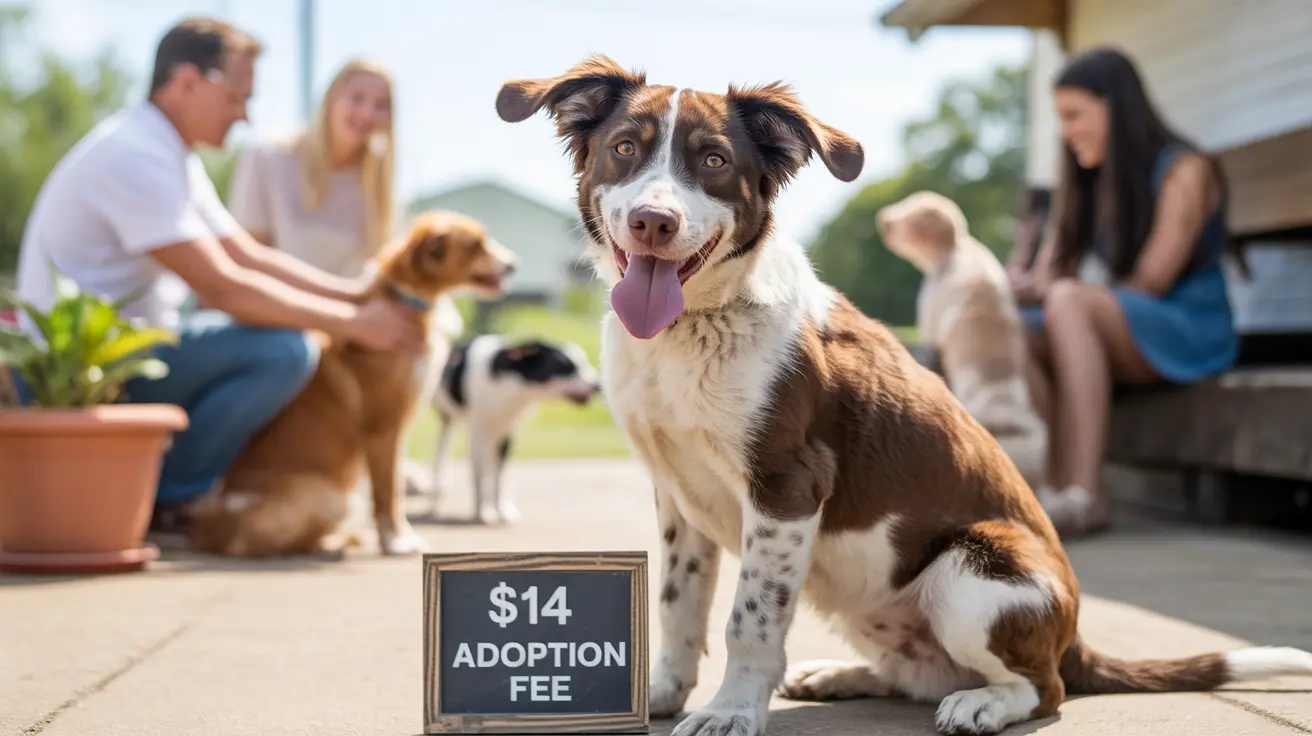What Happens to Unsold Puppies from Puppy Mills?
Puppy mills, notorious for prioritizing profits over animal welfare, mass-produce puppies in often deplorable conditions. While these breeding facilities aim to sell as many puppies as possible, the harsh reality is that not every puppy finds a home. This raises a critical question:
what happens to puppy mill puppies that aren't sold?
The Business Behind Puppy Mills
Puppy mills operate as commercial breeding operations, supplying puppies to pet stores, online platforms, and directly to consumers. These facilities often house hundreds of dogs in cramped cages, where minimal attention is given to their physical and emotional well-being.
The goal is simple: breed and sell as many puppies as possible, regardless of the consequences. But as demand fluctuates, not every puppy gets picked.
The Grim Fate of Unsold Puppies
When a puppy doesn't sell, several paths may follow, and they’re far from ideal:
- Discounted Reselling: Many breeders attempt to sell unsold puppies at steep discounts or advertise them as "adoptions" to move inventory quickly.
- Use for Breeding: Some puppies, especially females, are retained for future breeding, trapped in the same exploitative cycle their parents endured.
- Dumping or Abandonment: In some disturbing cases, breeders abandon unsold puppies, leaving them to fend for themselves or dropping them off at shelters or remote locations.
- Euthanasia: Though rarely publicized, there are accounts of puppies being euthanized if deemed unprofitable or unsellable, particularly in regions with lax animal welfare laws.
Why Puppies Go Unsold
Not every puppy from a mill is easily marketable. Factors contributing to them being unsold include:
- Health Issues: Puppies bred in subpar conditions often suffer from health problems that make them less appealing to buyers.
- Age: Most people want a young puppy. Once a dog passes a certain age, it becomes significantly harder to sell.
- Poor Socialization: Puppies raised in isolation or filthy conditions often develop behavioral problems, making them less appealing to potential owners.
The Role of Shelters and Rescues
Some lucky unsold puppies may be surrendered to animal rescues or shelters, where they stand a better chance of finding a loving home. However,
these organizations are usually overburdened and cannot accommodate the influx from commercial mills.
How to Help
If you're disturbed by the fate of unsold puppy mill pups, here's what you can do:
- Adopt, Don’t Shop: Choose shelters or rescue organizations when looking to bring a pet into your home.
- Support Legislation: Advocate for stronger regulations against puppy mills and support humane breeding practices.
- Educate Others: Share information about the realities of puppy mills to reduce demand.
- Report Abuse: If you suspect a local breeder is operating as a puppy mill, report them to the appropriate authorities.
The Path Forward
The fate of unsold puppy mill puppies reflects the broader cruelty within the commercial puppy breeding industry.
Only through informed consumer choices and stronger advocacy can we disrupt the cycle that allows such operations to persist. Every pet deserves a safe, loving home, not a life dictated by profit margins.
By choosing ethical options and spreading awareness, we can collectively put an end to the suffering endured by these innocent animals.





